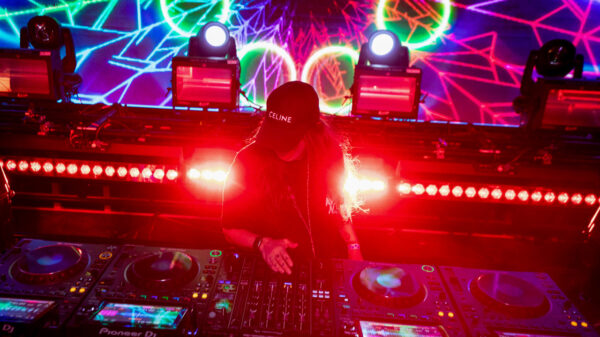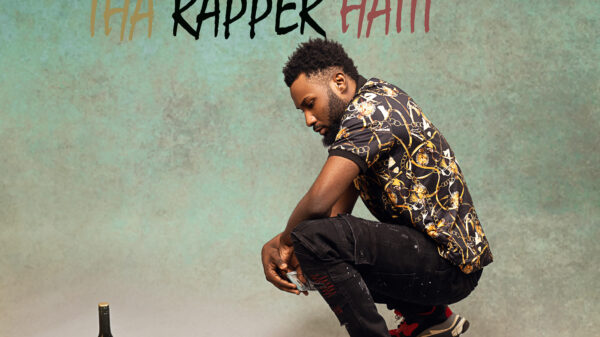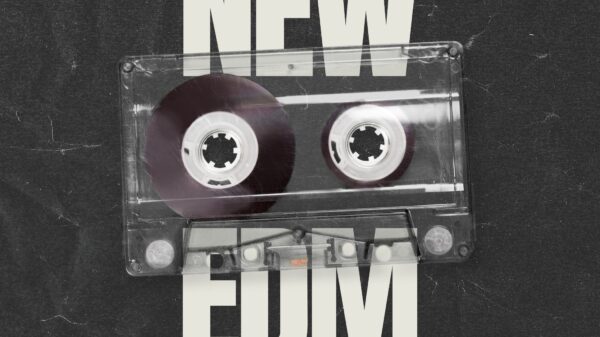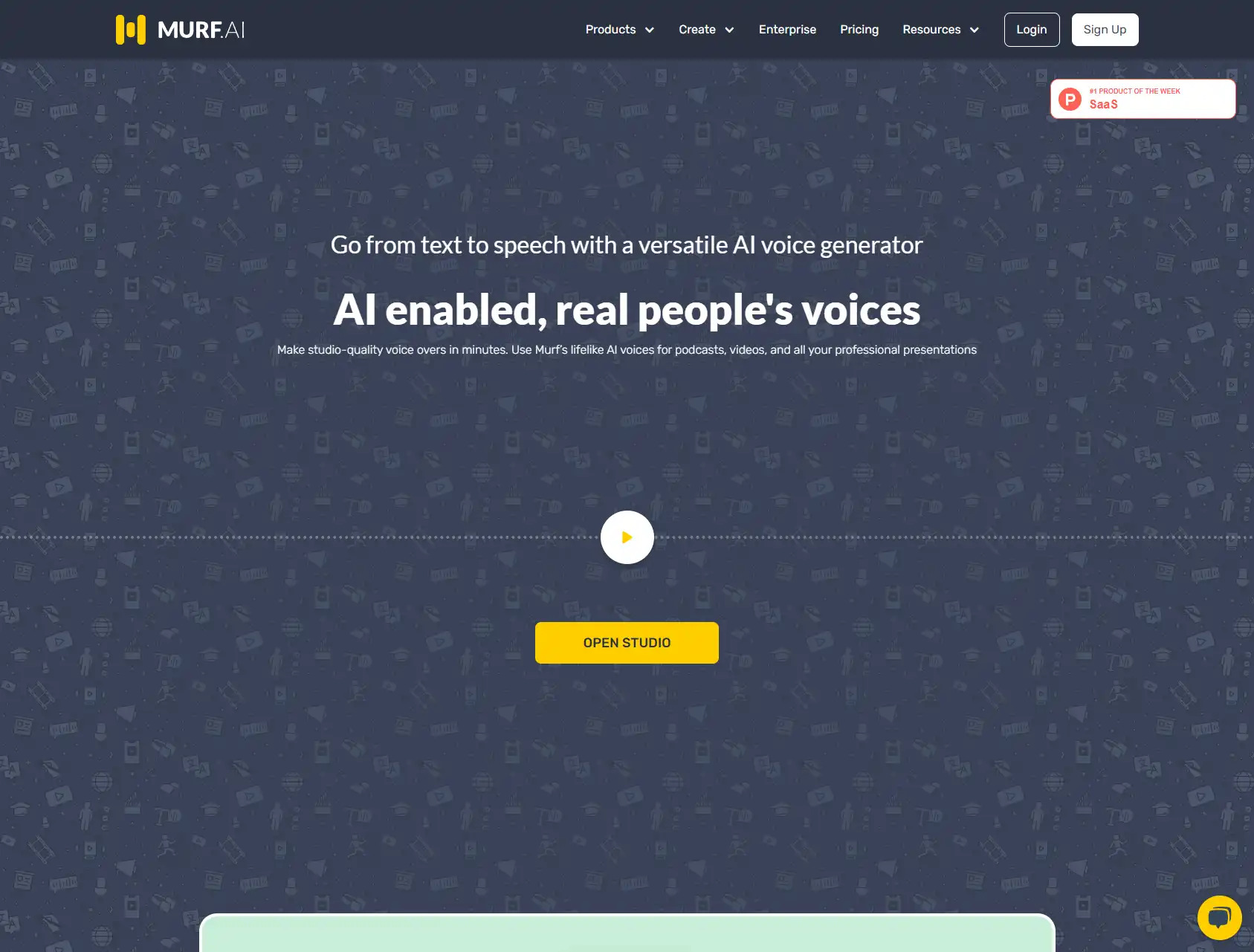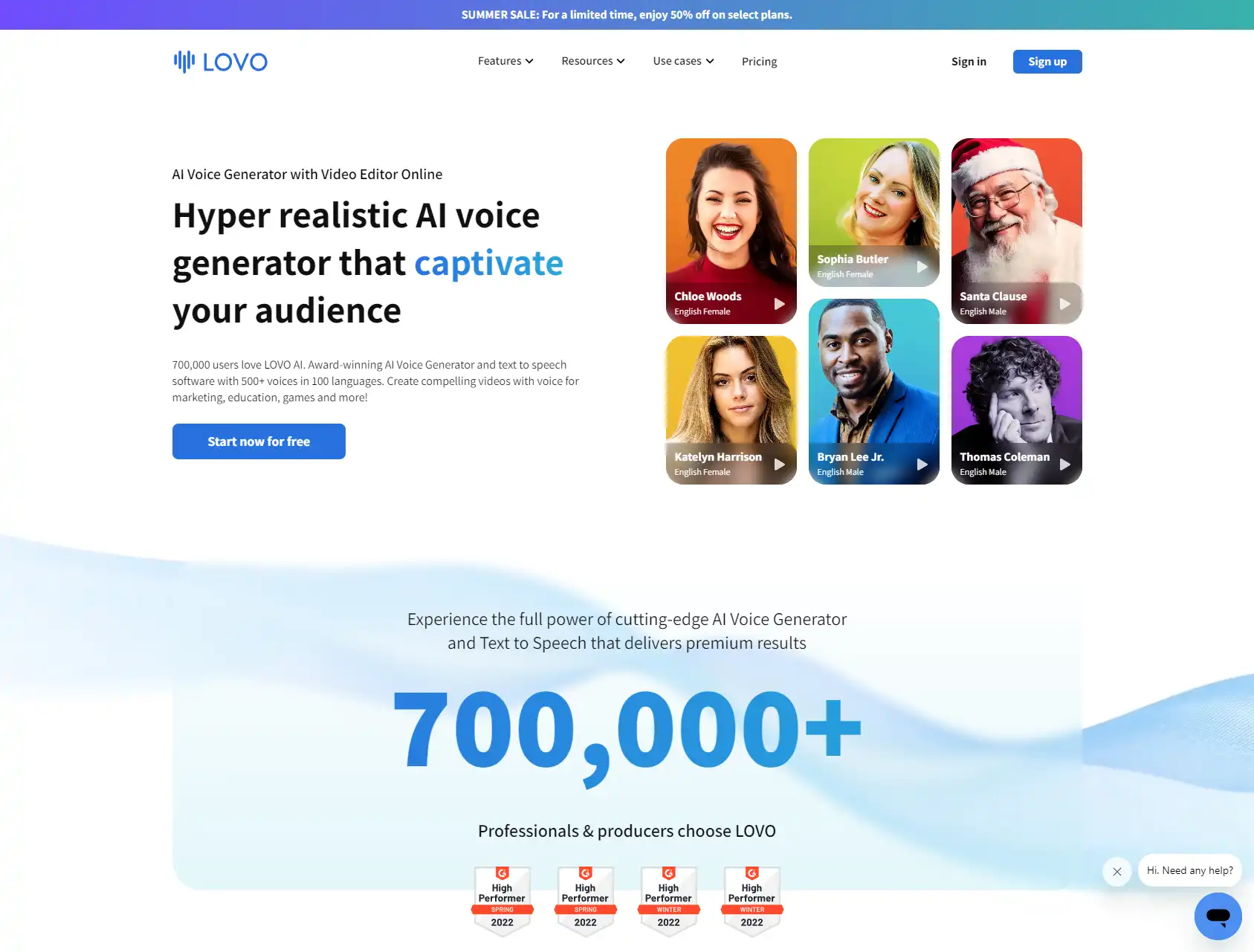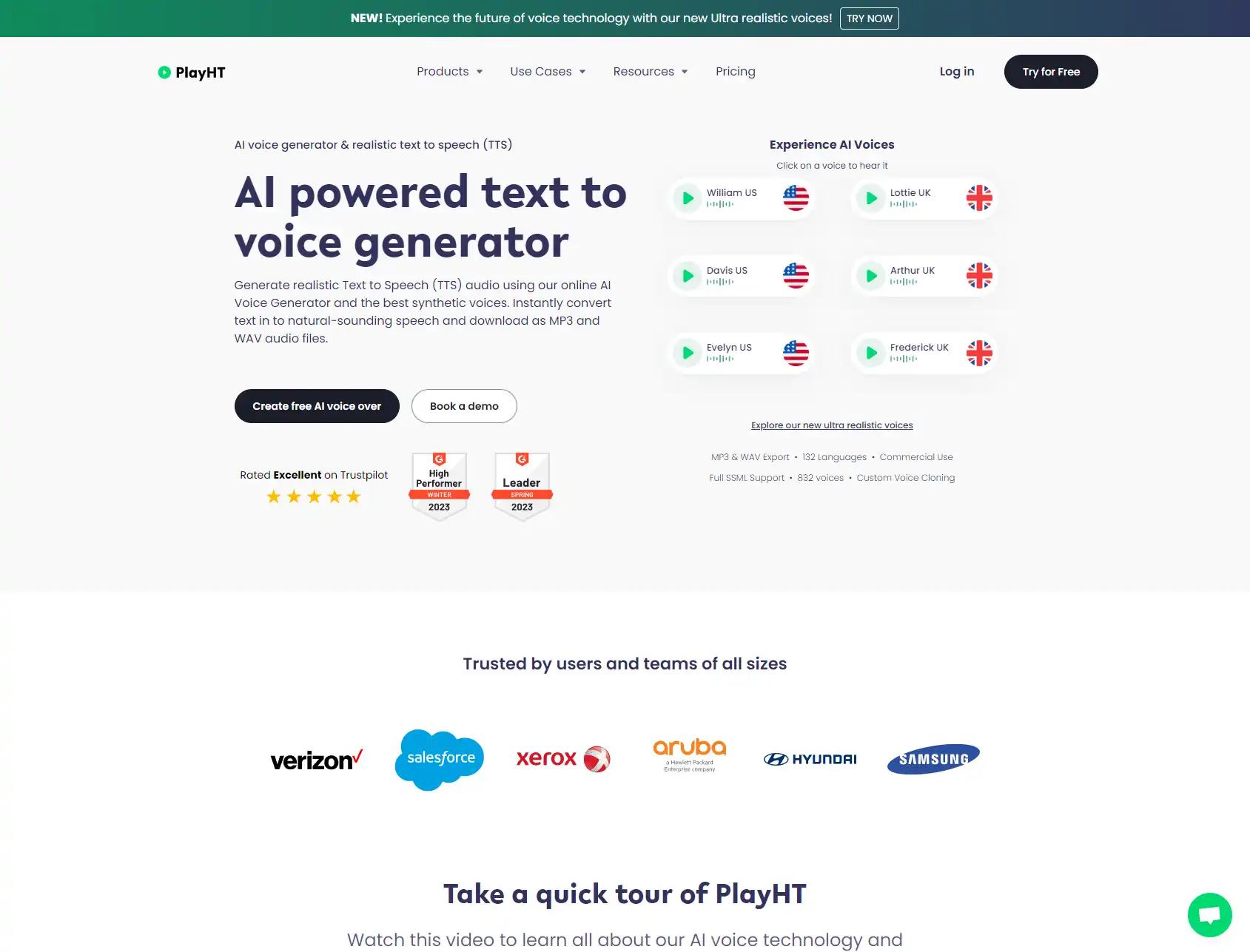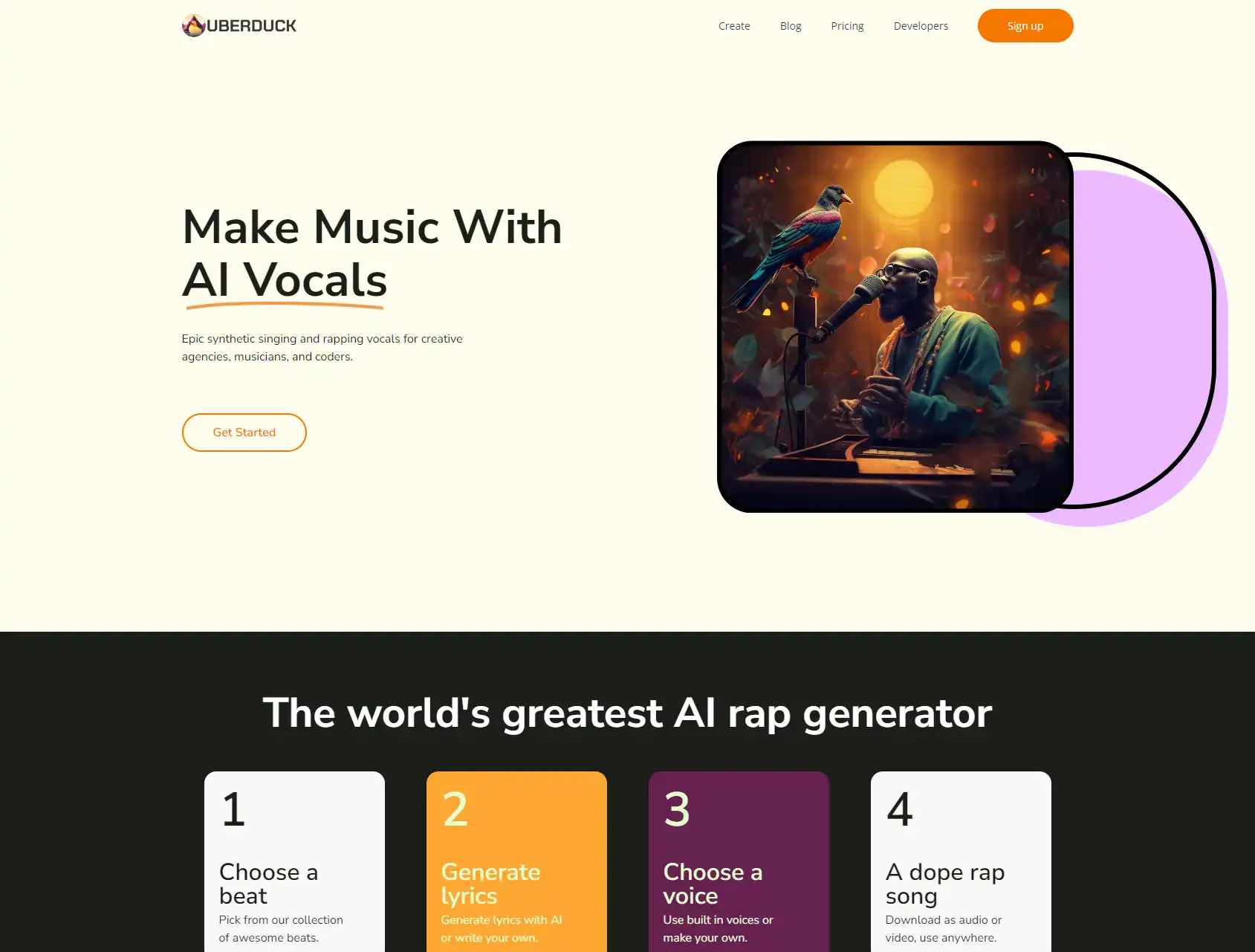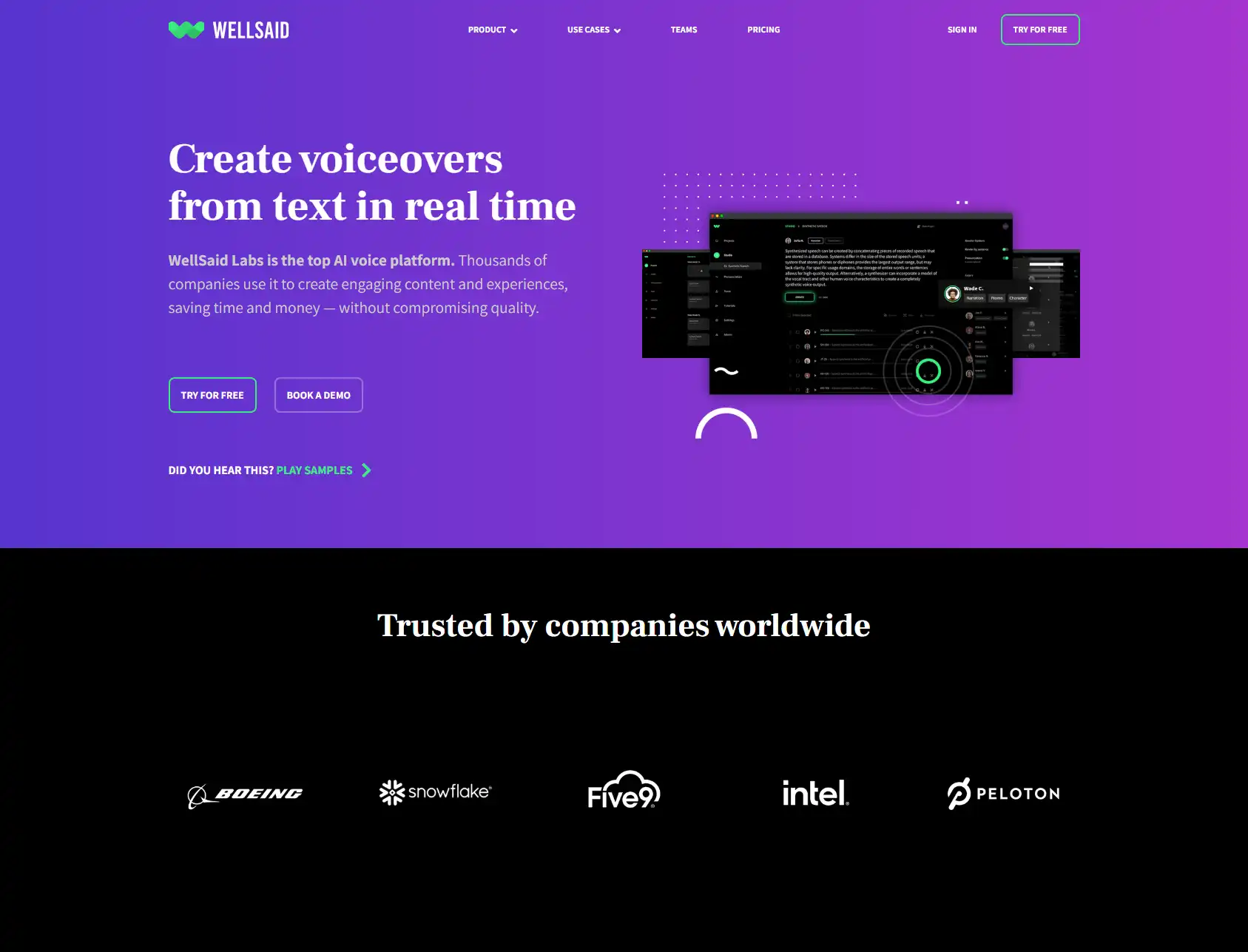AI-powered voice synthesis technologies now enable generating vocal clones of famous celebrities. This guide explores the leading services turning text into audio using computer-generated celebrity voices.
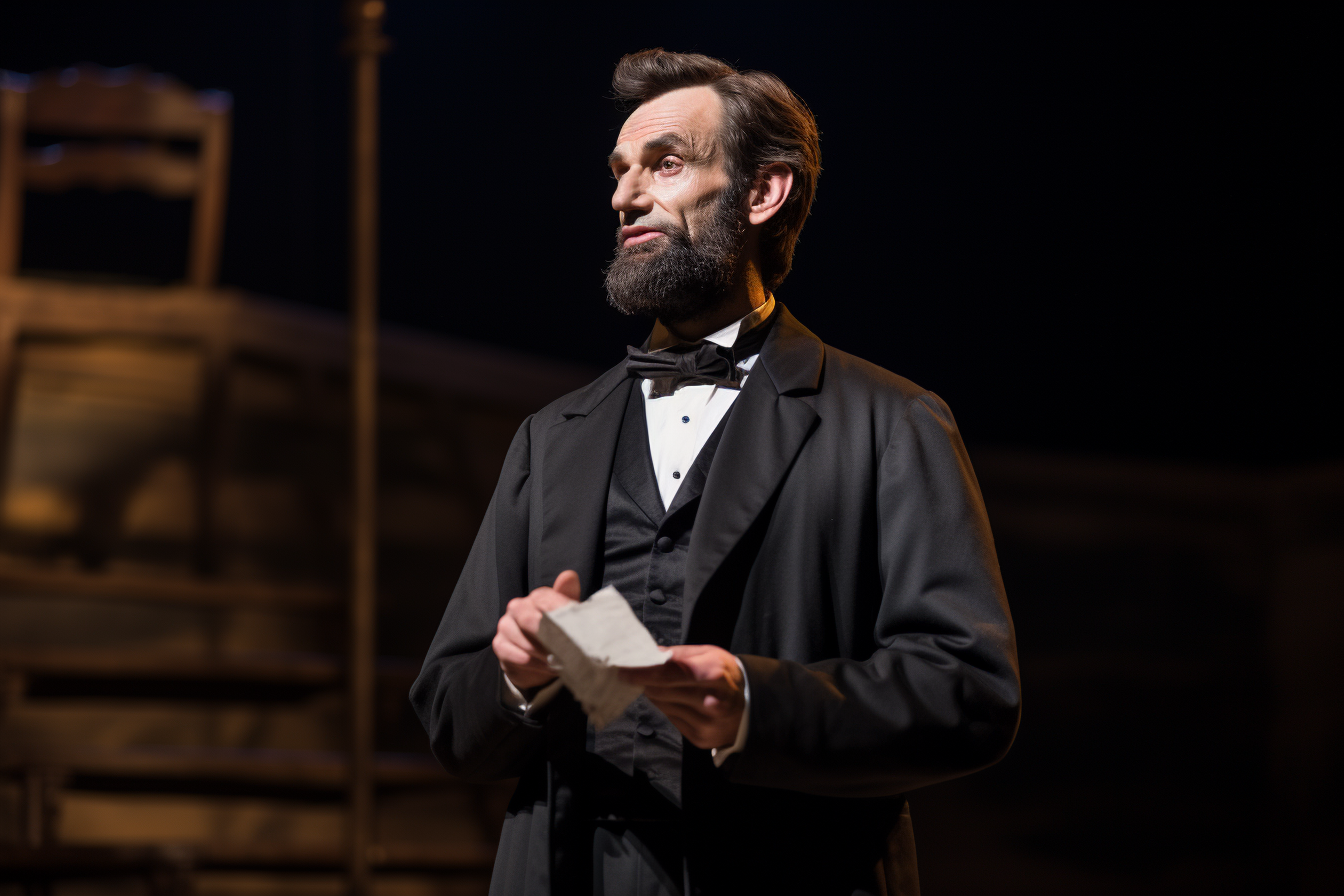
What Are AI Celebrity Voices?
AI celebrity voice services leverage machine learning and neural networks to synthesize amazingly realistic human-sounding speech in the unique voiceprint of celebrities and public figures.
They work by “cloning” a voice from samples, then using algorithms to generate new speech modeled on the vocals. The AI celebrity voices can:
- Speak any text in their realistic voice
- Clone voices from just 5-10 minutes of audio
- Capture subtle tonal inflections and dialects
- Output audio or integrate as a vocal synth plugin
Uses range from voice assistants to game characters, branded content, audiobooks, podcasts, parody videos, and more. As the vocal quality improves continuously, AI voices reach new horizons.
For instance, popular DJ David Guetta integrated an AI-generated version of rapper Eminem’s vocals rapping newly written lyrics seamlessly into a live performance, surprising fans. Such implementations hint at the opportunities ahead for AI voices.
How AI Replicates Voices
The process involves feeding hours of a person's speech data into machine learning models that deconstruct all the unique elements comprising someone's voice like:
- Tone, pitch, timber
- Inflection patterns
- Accents and dialects
- Distinctive pronunciations
- Breathing sounds
- Mouthsounds like smacks
The AI isolates each component and models how they combine to form a signature voice. Then it can synthesize new speech matching that voice by generating each element procedurally.
Over time, less sample data is needed as models improve. As little as 5 minutes of audio can produce decent voice matches now with further tuning required. Voice cloning does raise ethical concerns to weigh carefully.
Top AI Celebrity Voice Services
Murf.ai
Murf generates AI voices of celebrities, influencers, and game characters. Wide selection of ready-made voices available.
Key Features:
- 130+ recognizable celebrity AI voices
- Custom voice cloning service
- Realistic renditions of unique voice signatures
- Vocal avatars and animations
- API access for developers
Murf leads in instantly usable celebrity voice clones covering many major stars across entertainment genres.
Lovo.ai
Lovo uses proprietary voice cloning AI technology to replicate the unique vocal signatures of real people with incredible accuracy. Their goal is to develop the most human-sounding text-to-speech voices using limited training data.
Lovo's voice cloning process involves three key steps:
- Data Collection – Lovo obtains voice recordings of a target person speaking to use as training data. Just 5-10 minutes of audio is required.
- Voice Modeling – Lovo feeds the audio data into their deep learning models which analyze all the acoustic qualities of the voice like tone, timber, inflection patterns. This creates a comprehensive voice model.
- Voice Cloning – The voice model is then used to synthesize completely new speech in the same voiceprint by generating the vocal characteristics procedurally. The cloned voice can speak any text while matching the original voice.
Play.ht
Play.ht clones voices using just short voice samples to create AI synthetic voices. Both celebrity cloning and custom voices available.
Key Features:
- Clones voices from minutes of sample audio
- Celebrity voices plus custom cloning
- Near real-time processing
- Plugins for creative applications
- SDKs for voice integrations
Play.ht leads in cloning quality using limited sample data. Ideal for custom celebrity voice mimicry.
Uberduck
Uberduck offers text-to-speech using 100+ celebrity and branded voices created with AI, as well as custom cloning.
Key Features:
- 100+ ready-made voices across celebrities, brands, and characters
- Custom voice cloning options
- Tweak emphasis, speed, pitch
- Voice avatar creation
- API access and integrations
Uberduck provides instant access to a wide selection of cloned voices plus customization controls.
Think your company should be included in this list? Contact us here.
Voicery
Voicery crafts custom vocal avatars using AI modeling of input speech data. Cloned voices match the original nuances.
Key Features:
- Builds voices from 10-60 minutes of audio
- Client control over voice licensing
- Models subtle vocal quirks accurately
- Optimized software integrations
- Enterprise solutions available
Voicery produces nuanced, humanized AI voices controllable via API. Full commercial licensing options.
Fakeyou
Fakeyou auto-clones voices into a customizable AI model for generating copycat speech. Upload samples to create a vocal doppelganger.
Key Features:
- Clone a voice from minutes of audio
- Tweak pitch, speed, breath, tone
- Save voice models for repeated use
- Integrate via API or download voice files
- Free version available with paid upgrades
Fakeyou makes replicating voice signatures accessible to individuals via free and paid plans.
Respeecher
Respeecher provides hyper-realistic voice cloning AI to create the most human-like vocal replications.
Key Features:
- Models the most nuanced vocal elements
- Long audio sample requirements (60-240 minutes)
- Ideal for highly natural speech generation
- Corporate and academic licensing
For maximum voice cloning quality without compromises, Respeecher leads academic and enterprise use cases.
WellSaid
WellSaid specializes in cloning voices for highly realistic virtual assistants, branded content, and interactive characters.
Key Features:
- Clones voices from audio samples
- Customizable text-to-speech
- Virtual assistants and interactive characters
- Optimized for long-form content like audiobooks
- White-glove service and support
WellSaid caters to growing demand for cloned voices powering humanized, conversational interfaces and characters.
Sonantic
Sonantic replicates human voices with incredible realism using limited sample data and advanced neural rendering.
Key Features:
- Extremely realistic voice cloning
- Proprietary Soul algorithm preserves vocal nuance
- From just 5 minutes of audio content
- Ideal for voiceovers, gaming, dubbing
Sonantic lifts voice cloning quality to new heights matching even subtle vocal quirks that make each voice unique.
Voice Cloning Considerations
Key factors when selecting an AI celebrity voice service:
- Data requirements – How much sample audio is needed? From 5 minutes to over an hour.
- Voice selection – Is the celebrity voice already available or does it need custom cloning?
- Naturalness – Does the vocal tone sound human-like or robotic? Newer services achieve amazing realism.
- Accuracy – How well does it match the signature voice style, accent, inflections etc?
- Integration – Does it offer seamless API access or downloads for easy integration?
- Software – Does it work with your chosen editing, animation, game engine etc?
- Rights – Confirm license terms, some services let you fully own custom voices.
- Pricing – Factor any upfront voice cloning fees plus usage costs.
Audio Samples Needed
The amount of sample audio required to effectively clone a voice depends on the AI service:
- 5-10 minutes can produce decent results from leading solutions like Sonantic and Play.ht. Enough for short voice clips.
- 15-30 minutes begins to capture most voice nuances for longer-form synthesis.
- 60+ minutes ensures even subtle quirks are modeled. Essential for realistic vocals like voice assistants.
Ideally provide varied sample audio spanning different styles to maximize vocal range. Video interviews often work well capturing casual speech. Voice cloning quality continues to improve with less data needed.
Custom Voice Cloning
In addition to celebrity voices, many providers offer tools for consumers to clone personal voices or those of peers:
- Voice avatars – For gaming, VR, or virtual assistants
- Audiobook narration – Auto-generate audiobooks in your own voice or a cloned voice
- Video voiceover – Add voice narration to videos without recording audio
- Accessibility tools – Give a voice to those unable to speak
- Personalization – Add a loved one's voice to a cherished video
- Anonymous publishing – Share stories online anonymously
The ability to clone any voice opens new creative possibilities. However, use discretion cloning people you personally know without consent.
Voice Cloning Costs
Pricing ranges substantially based on factors like:
- Voice selection – Celebrity vs custom clone
- Data requirements – More audio equals higher cost
- Technology level – Quality correlates with price
- Intended usage – Wide usage like games costs more
- Support level – White-glove service adds fees
Policies Around AI Voices
Laws around voice cloning remain limited, though some best practices exist:
- Don't misrepresent a cloned voice as the real person without disclaimers.
- Avoid sponsorships using cloned voices without permission.
- Inform listeners when a voice is artificially generated.
- Seek direct consent where possible for custom clone requests.
- Review terms closely and comply with voice licenses.
- Use discretion cloning those you personally know without approval.
- Ensure cloned content doesn't infringe on trademarks or defame individuals.
Voice cloning has incredible creative potential but should be utilized ethically with respect for people’s identities and rights. As the technology advances, developing clear policies will be important.
Also Read: Best AI Audio Tools
Voice Cloning Applications
AI celebrity voice cloning enables powerful new capabilities across industries:
Media & Entertainment
- Podcasts and audiobooks voiced by celebrities
- Personalized movie and show viewing with voice options
- Next-level lip-sync and voice doubling technology
- Vocal performances cloned from limited samples
- Interactive voice avatars and virtual assistants
Marketing & Advertising
- Brand content and ads voiced by influencer clones
- Custom tutorials, walkthroughs, and guides with cloned staff voices
- Website narration featuring recognizable voices
- Video explainers and virtual assistants voiced by brand clones
Gaming & VR
- Iconic character voices cloned from actors
- Cinematic dialog voiced by celebrity clones
- Fully-voiced video game quests and NPCs at scale
- Multiplayer chatter using personalized voice clones
- Movie and game dubbing in different languages
Enterprise & Training
- Training/onboarding videos with cloned staff voices
- Automated phone hold messages voiced by clones
- Scalable, personalized IVR phone trees
- Voice augmentation for presentations
- Data annotation and transcription using cloned voices
Voice Cloning Challenges
While AI voice cloning technology has improved tremendously, some challenges remain:
- Cloned voices may lack nuanced emotion without much sample data. Subtle voice inflections get lost.
- Characters voiced by one actor for decades have too few samples for quality cloning.
- Most cloned voices still sound noticeably unnatural without advanced tuning and hours of data.
- Long-form cloned speech can grow repetitious lacking diverse sample contexts.
- Legal usage rights remain complex to navigate.
- Public opinion on cloning recognizable voices without consent remains mixed.
- Potential for cloned voice misuse like fraud exists.
Further advances around data efficiency, emotion modeling, and sample diversity will maximize cloning realism. Clear ethical and legal standards need developing alongside the technology.
Also Read: How To Remove Background Noise from Video
Conclusion
The ability to synthesize incredibly lifelike speech using computer-generated celebrity voices unlocks game-changing opportunities. From crafting immersive VR worlds to providing customizable narration at scale, AI voice cloning reduces reliance on talent availability. While still evolving, rapid progress in machine learning makes cloned voices usable by creatives and enterprises today. Weigh ethical concerns carefully, but embrace voice synthesis as a tool to augment human creativity.
FAQs
Can anybody’s voice be cloned with AI?
In theory, any human voice can be cloned given enough high-quality sample audio data. However, recognizable celebrity voices with more training data produce better current results. Custom cloning quality is steadily improving but still varies.
Is AI voice cloning legal?
No laws specifically regulate voice cloning yet beyond standard intellectual property protections. However, properly informing audiences that a voice is artificially generated is recommended to avoid misrepresentation issues. Handling likeness rights ethically also remains crucial.
What's better – text to speech or cloned voices?
Cloned voices provide a much more natural human-like sound. But text to speech scales easier for long content without needing lots of sample data. A hybrid approach works well, using cloned voices for key characters and text to speech for minor roles.
Can I use a cloned voice commercially?
Licensing dictates usage rights. Some services fully license cloned voices for commercial use, while others limit usage or require separate branding deals. Study terms closely and get necessary approvals.
What's the future of AI voice cloning?
As neural network voice models continue improving, even shorter audio samples will produce professional results. Expect cloning direct from video footage to become possible. Voice cloning realism will reach human parity – already close in some cases. Legal and ethical standards will be important as usage scales.



